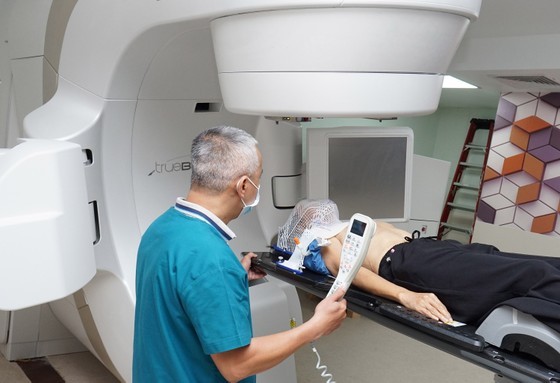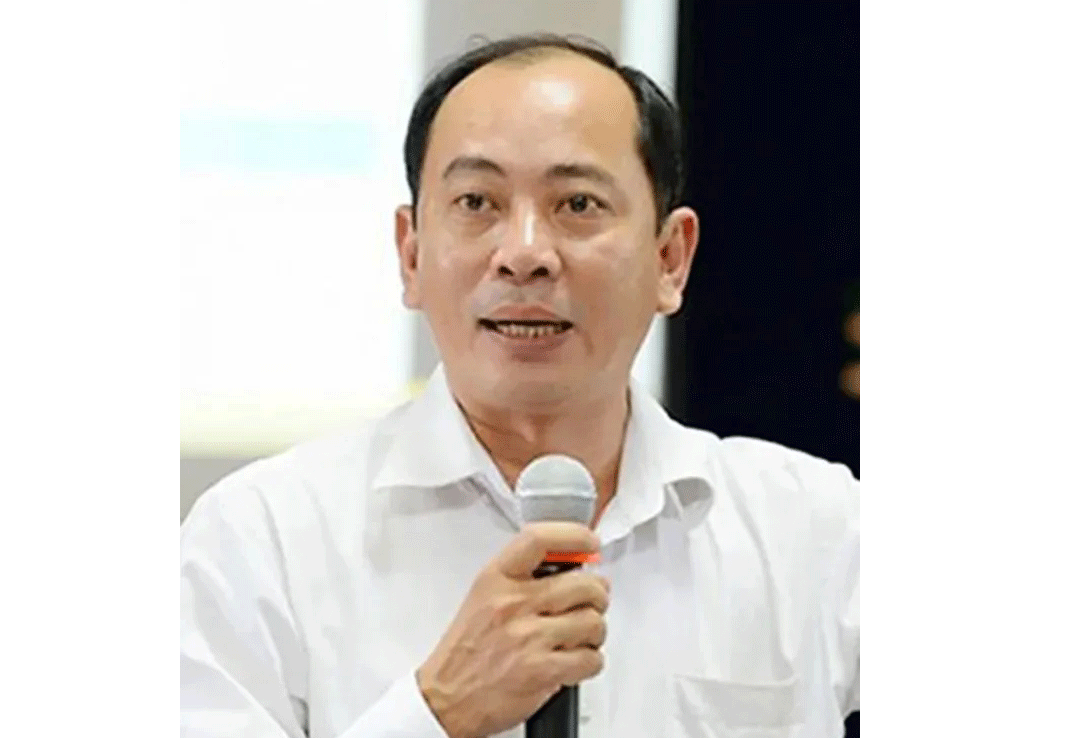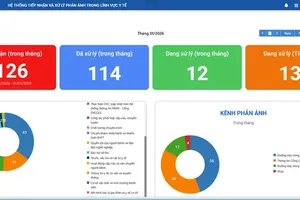 |
Illustrative photo |
In its official dispatch to medical establishments countrywide, the Department of Health in the Southern Province of Binh Duong has asked public and private infirmaries not to sign contracts of employment with these doctors whose training costs were covered by the province's budget but they refused to work at public healthcare facilities in Binh Duong.
Previously, many doctors in the Mekong Delta Province of Ca Mau and some other localities who were sponsored to learn for working at local public hospitals refused to work at local hospitals after completing their studies or they just worked for a short time and then resigned.
Clearly, these doctors arbitrarily break their initial commitment with the locality and management unit, causing many public health facilities to lack skilled human resources, significantly affecting the treatment of people's diseases; thus, the locality and the health sector’s preferential policies have been seriously impacted. They have shown their lack of responsibility at work, causing difficulties for medical facilities and this has led to financial losses for localities’ State budgets which cover the training costs of these doctors.
However, there are various reasons why doctors are willing to break the initial commitment to training support and a wave of medical staff quit jobs at public hospitals to apply for a position in a private infirmary. Statistically, nearly 10,000 medical staff in state healthcare establishments have quit their jobs in the past 2 years.
Most worryingly, many public health facilities are in shortage of medicines and medical supplies or equipment and machinery are outdated and downgraded, so good doctors have no opportunity to promote their professional skills.
Along with that, salaries of public medical workers are quite low while they have to struggle with intensive day-to-day workload. Accordingly, to retain medical staff, the State, the Ministry of Health and local authorities should have more specific mechanisms, especially more reasonable remuneration; moreover, they should pour more investment into upgrading and developing infrastructure and medical equipment, ensuring medicine for public health facilities so that doctors and nurses can develop their professional skills to serve patients.
Management agencies and local authorities must also have tightened regulations and commitments to retain good doctors and nurses at public health facilities. There should be tougher sanctions or legal lawsuits for those who break their original commitment.
























